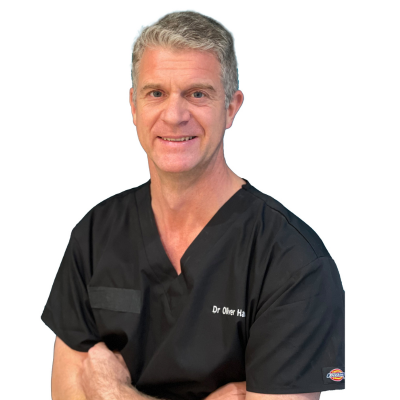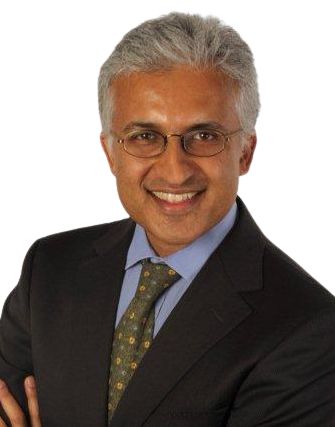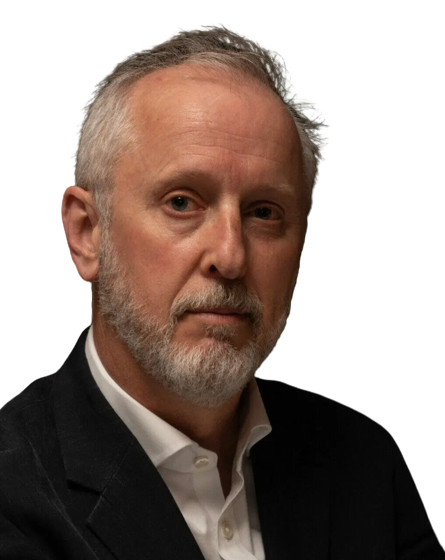Eyelid Surgery (Blepharoplasty)
As we age, gravity pulls down on the soft tissue surrounding our eyes. Once youthful and alert, eyes can become droopy and undefined. Eyelid surgery, also known as blepharoplasty, is a procedure that works to tighten this soft tissue, resulting in bright and open eyes. This procedure can be carried out on the upper or lower eyelids or both.
The blepharoplasty procedure
The blepharoplasty procedure is usually carried out under general anaesthetic, though it can be performed under a local anaesthetic, which is injected into the eyelids. It typically takes between one and two hours.
There are two types of blepharoplasty:
- Upper blepharoplasty
- Lower blepharoplasty
What Does Upper Eyelid Surgery Involve?
This procedure is usually carried out under general anaesthetic. Your surgeon will make a cut on the natural crease above your eyelid and then remove any excess skin or fat that is pushing through the muscle. You should be able to go home the day after surgery.
What Does Lower Eyelid Surgery Involve?
Your surgeon will make a small incision along the border of your eyelid below your lash line to just beyond the outside edge of your eye. Any excess fat that is pushing through the muscle will be removed or redistributed.
This procedure is usually performed under a general anaesthetic. Your surgeon may recommend that you stay overnight but this is something that you will discuss together before-hand.
What Are The Possible Complications Of This Surgery?
Blepharoplasty is generally considered a safe and effective cosmetic surgery, providing significant improvement in appearance with very little risk. However, as with all surgery, there are some risks.
Eyelid surgery can occasionally result in:
- Temporary vision problems, such as blurred or double vision
- Eyes looking slightly uneven or asymmetrical or uneven
- Visible scarring
- Haematoma (where a pool of blood collects under the skin) — this usually disappears on its own after a few weeks
Very rarely, more serious complications will occur, such as injury to the eye muscles, visual impairment, infection, allergic reaction to the anaesthesia, or blood clots.
At The McIndoe Centre, we do everything possible to ensure that there is as little risk as possible when carrying out any treatment, including blepharoplasty.
Your surgeon will also go through any possible risks that this procedure may carry, no matter how small or rare, and explain how they would be treated if they did happen so that you can make an informed decision on whether or not to proceed with the procedure.
Consultants that perform this procedure
Patient Information Hub
If you are thinking about having cosmetic surgery, here are some important questions that you should ask yourself to help you make the decision that is right for you.
- What do I want to change and why do I want to have surgery?
- Have I considered all the options?
- Can surgery give me the results I want?
- Am I expecting the surgery to change my life as well as my appearance?
- Is now the right time?
Having surgery is a big decision
For more information and advice about cosmetic surgery contact our Private Patient Advisory Team on 01342 488054 or email info.mcindoe@horder.co.uk.
Planning your long-term goals with your consultant, and researching the procedure, will reinforce whether surgery is the right option for you.Surgery is not without risk so you should be sure in your reasons for wanting to go ahead. It is important that your expectations are realistic and that the advantages to you always outweigh the risk of surgery.
Take this checklist to your consultation with the surgeon performing the procedure. Discuss each topic with your surgeon to help you make the decision that is right for you before having surgery.
Having surgery is a big decision
For more information and advice about cosmetic surgery contact our Private Patient Advisory Team on 01342 488054 or email info@mcindoe.co.uk
Think carefully before having cosmetic surgery
Never feel rushed or pressured into giving your consent. Be wary of surgeons or staff who try to convince you to go ahead. Take plenty of time to make your decision.
We strongly advise you take at least two weeks after your consultation with the surgeon performing the procedure to think things through before surgery.
Having surgery is a big decision
For more information and advice about cosmetic surgery contact our Private Patient Advisory Team on 01342 488054 or email info@mcindoe.co.uk
Find out more about the McIndoe Centre
We provide outstanding patient experiences
As a nationally recognised hospital of excellence in plastic, reconstructive, ophthalmic and maxillofacial surgery, we have demonstrated ourselves to be: effective, responsive, caring, safe and well-led. Recently rated ‘good’ by the CQC, we are committed to treating our patients and each other with kindness, respect and dignity resulting in life-changing outcomes.
Patient testimonials
Find out what it’s like to be a patient, from the people who matter the most.































